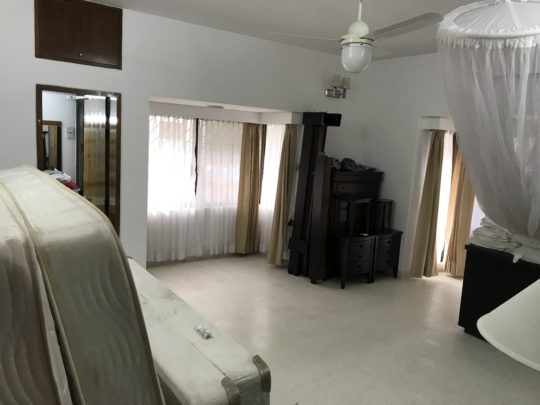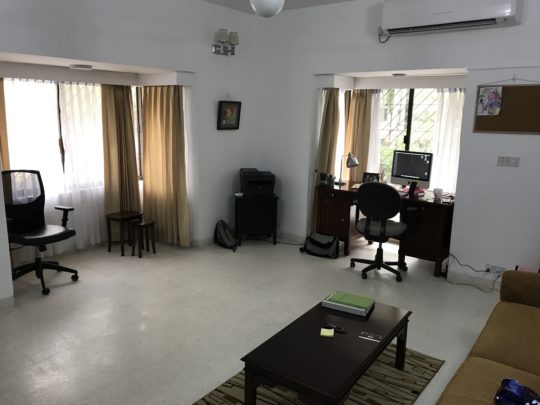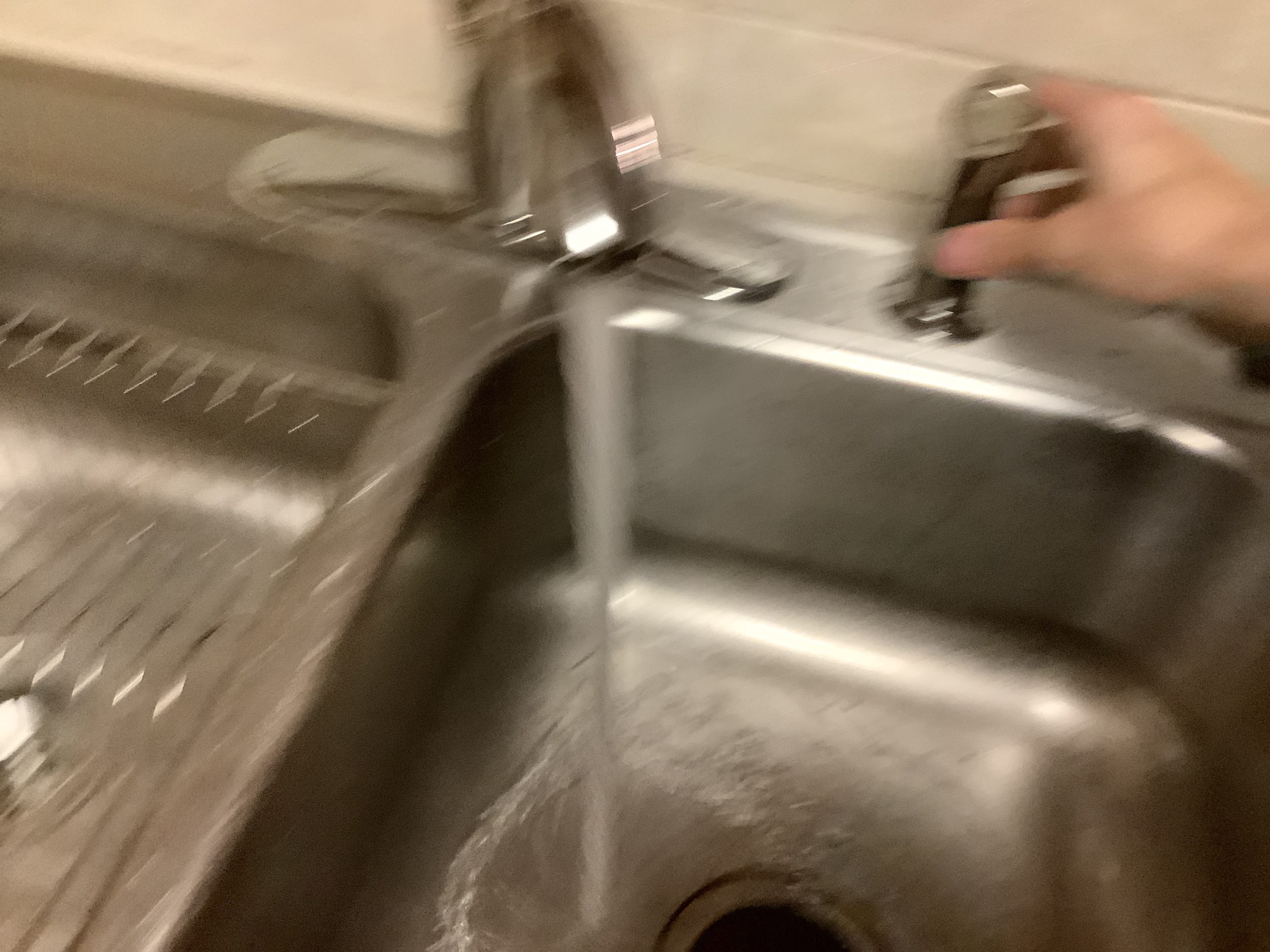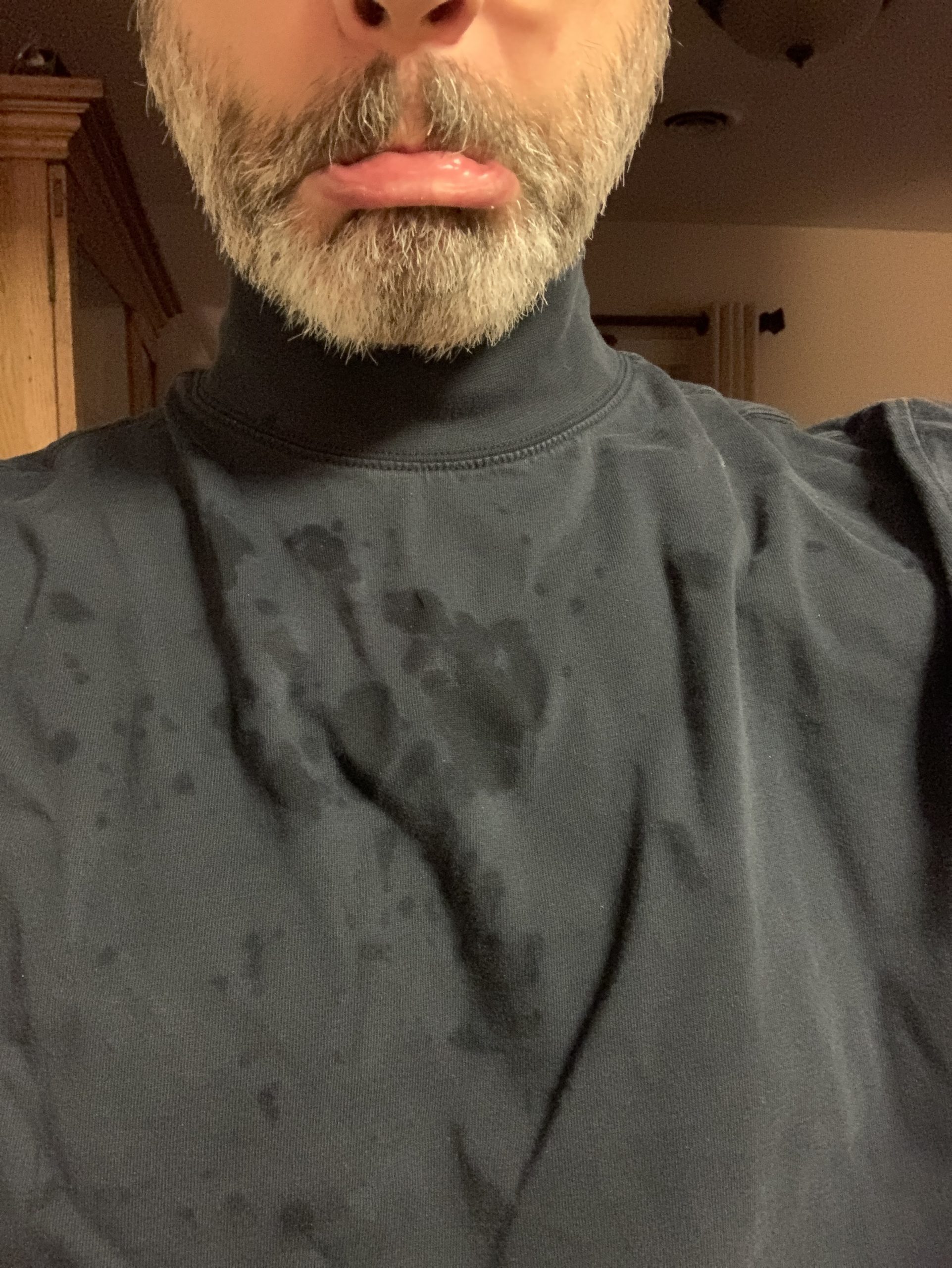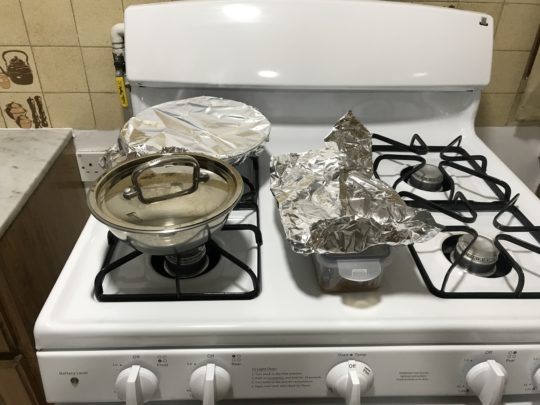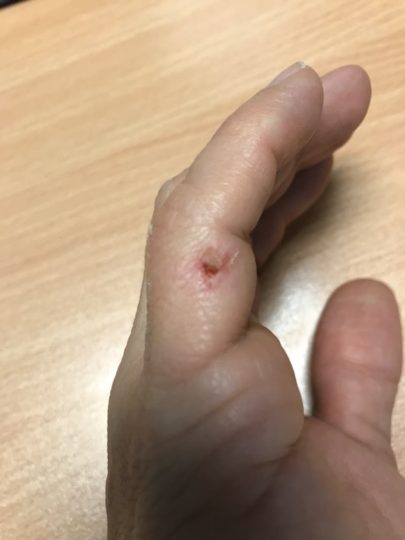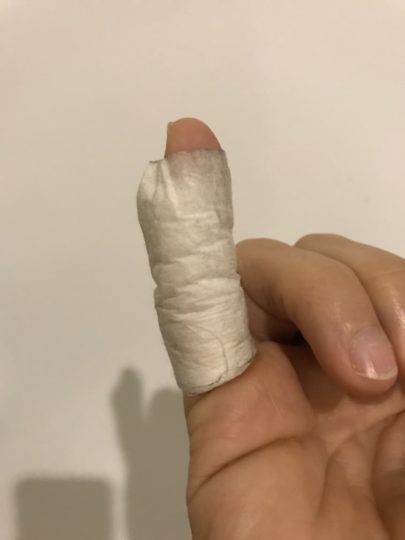Americans in general have an egalitarian mindset. I definitely do, myself. We don’t like the idea of social classes, or even social positions. I think part of our fascination with TV shows like “Downton Abbey” is the strangeness of a clear line between the nobility and the servile class. As a matter of pride, we don’t like hierarchy. For example, I have never called a boss by anything other than their first name (except the Ambassador, of course, but that’s different).
I sometimes wonder if that’s why we in the foreign service call our servants “household help.”
In my first tour, I hired an “auntie” to come to my apartment once a week to do my laundry and mop my floors. I was pretty low-maintenance then, and my apartment was quite small. I didn’t need more than a once-a-week cleaning lady. In my second tour, we lived in a serviced apartment. The building’s cleaning staff came in almost every day to clean the apartment. We did our own laundry and cooking, but again, I’m low maintenance, and in addition, it was easy in that country to go grocery shopping for my own food.
This tour, though, the situation is quite different. Security restrictions limit where we can go. Also, for the first time, I don’t speak the local language. That, and the fact that I don’t understand the local culture, complicates my life quite a bit. But the biggest difference for me is that for the first time in the foreign service, I live in a huge house. I don’t know exactly how big it is, but it has to be at least 2,500 square feet. It wouldn’t be practical for me to do all the work that’s necessary to maintain this house (plus, I don’t want to).
It seems to be common here in Bangladesh to employ servants household help. Even the locally-engaged staff in the Embassy have housekeepers. Many of them have drivers, too. Part of it is because life here is pretty complicated. Another reason is because labor is very cheap in this country.
My housekeeper has been working for Embassy employees for years. I “inherited” her from an officer who left post right after I arrived. She was able to start working for me with only a few weeks of unemployment. Her English is good enough to communicate, she knows all about Americans’ strange lifestyles, and she has been taking great care of me and the house.
She cooks for me whenever I ask her to. Her first day, I asked her to make me something Bangladeshi. I didn’t care what, I told her, but I wanted some vegetables. This is what I came home to:
Plus all of the dishes were washed, plus she set the table for me.
No idea what I ate. There was yellow goop, red goop, and brown goop! And it was delicious!
It’s been working out really great so far. I ask her to buy fruit, and when I come home at night, she’s cut up my fruit and put it in the refrigerator. I suspect she’s started to feel the need to take care of me. Today was the second day in a row that I didn’t ask her to cook anything. Tonight, I came home to see a cooked meal on the stove, and a dozen chocolate cupcakes on my counter. No complaints!
A coworker here told me that Americans pay more for our household help than employees of other Embassies. That might be why so many people want to work for us. Right after I moved in, people were hanging out on the street outside my house, with their CVs in hand, asking if I wanted to hire a driver or a cleaner or a “bearer” (still not sure what that job category means).
My housekeeper seems to have enough work for now. But she only takes care of the inside of the house. I also have a yard. My house came with a gardener. For almost ten years, he’s been working for families that live in this house. So I was expected to hire him too. It’s like he came with the house. I don’t know that I need a full-time gardener, but if I didn’t hire him, the poor guy would be unemployed. He has a wife and kids back home in the village, and Lord knows that with the poverty in this country, they need the money that he sends home. So even though it seems like something I don’t need, I also feel an obligation to provide employment to the guy. So I’ve been keeping him busy planting flowers and vegetables. My yard has a big coconut tree, a banana tree, mango tree, and a jackfruit tree. I actually like jackfruit quite a bit, and I’m looking forward to seeing if I actually get a harvest.
So another weird part of this strange life of mine, is that I now have a household staff. I recently acquired a car. Even though most people hire a driver, I am resisting that for now. I just can’t imagine adding a third person to my payroll, it seems like it would be too much. Actually, it already feels like too much.
I choose to look at this practice of hiring household help as a way to help the local economy. We are paying people more than they could get on the local labor market. Most of these folks are poorly educated and don’t have marketable job skills. We are treating them fairly and honestly. In fact, an Embassy policy requires us to give every household helper a labor contract, pay them a yearly bonus, and give severance pay when we leave post. For a reasonable amount of money, I get time to write blog posts, rather than mop my floors, and pick up coconuts from my lawn. Everyone wins.


